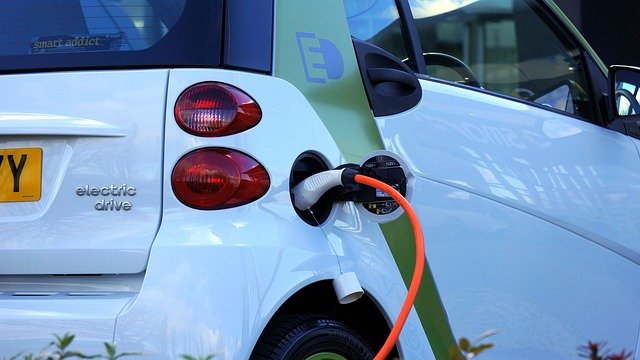Electric cars are gaining widespread popularity, driven by a growing environmental consciousness. In this article, we explore a fundamental question: What drains an electric car battery the most?
Factors Influencing Electric Car Battery Drain
When it comes to electric vehicles, there are a variety of elements that might contribute to battery degradation, including driving style, environmental factors, and battery health.
Driving Habits
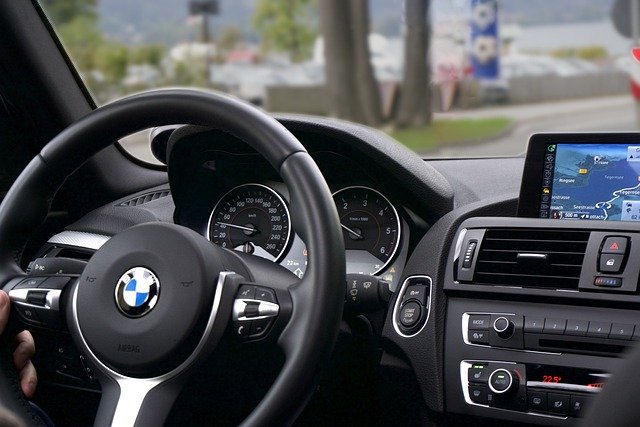
Driving habits play a pivotal role, with high-speed driving exerting a notable impact on battery life. The aggressive use of acceleration and braking can further contribute to increased energy consumption, while excessive idling stands as a silent yet significant culprit in draining the battery.
Environmental Conditions

Environmental conditions, including extreme temperatures, both hot and cold, play a crucial role in dictating how efficiently electric car batteries operate. The subtle interplay of weather conditions, whether rain or shine, has a direct impact on battery performance.
Furthermore, seasonal variations bring difficulties, necessitating adaptive driving techniques for maximum efficiency.
Battery Age and Health
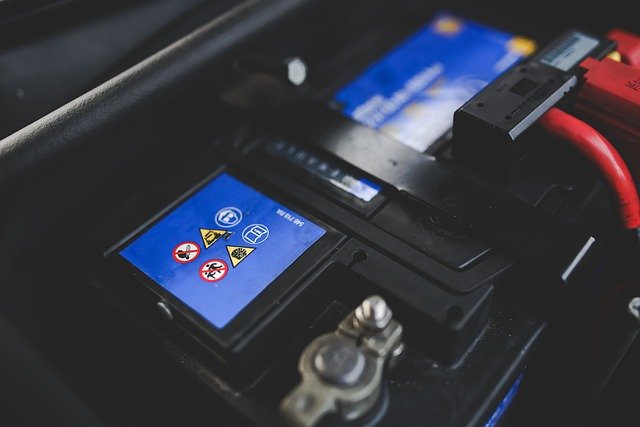
Battery age and health are intrinsic to the equation, with the process of degradation being a natural part of a battery’s life cycle. Understanding the role of degradation is vital for EV owners, and adopting regular maintenance tips becomes paramount in preserving battery health over time.
Simultaneously, staying abreast of battery technology advancements is key, as ongoing innovations continue to shape the landscape of electric vehicle efficiency and performance.
Vehicle Components Contributing to Battery Drain
Within the intricate machinery of electric vehicles, specific components play pivotal roles in either preserving or draining the battery.
HVAC Systems
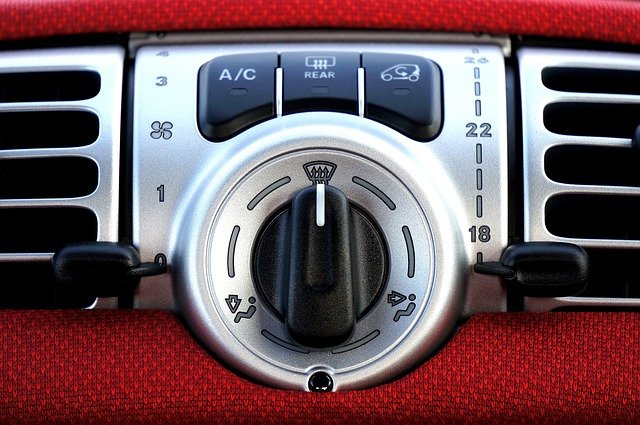
HVAC systems, encompassing both air conditioning and heating, contribute significantly to battery consumption. Running the air conditioning places a substantial demand on the battery, as does warming the vehicle in winter using heating systems.
Infotainment and Electronics
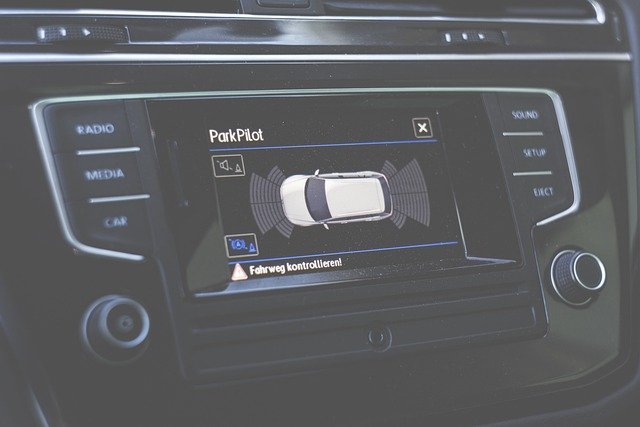
Infotainment and electronic features add to the energy equation. While improving the driving experience, multimedia systems consume power and reduce overall battery efficiency. The development of in-vehicle electronics adds another layer of power usage, influencing battery life. Efficient use of these electronics becomes critical, with ethical practices ensuring optimal battery performance.
Driving Efficiency and Optimization Tips
Driving efficiency and optimization strategies provide a proactive approach to battery drain mitigation. Eco-driving techniques, including smooth driving practices and maximizing regenerative braking, contribute to energy conservation. Route planning emerges as a strategic element, allowing drivers to optimise efficiency by considering charging stations along their journey.
Charging Habits
The ultimate step in the search for longer battery life is charging habits. The impact of fast charging on battery degradation necessitates a thoughtful approach to its usage.
Adhering to appropriate charging techniques as recommended by manufacturers becomes a guiding principle for people looking to extend the battery life of an electric vehicle.
Use smart charger if possible. Smart charging features add an intelligent dimension, allowing users to manage and optimise the charging process, further contributing to sustained battery health.
Common Myths and Misconceptions
Common misconceptions about electric car battery loss are constantly repeated. One common misconception holds that “leaving the car plugged in damages the battery.”
In contrast, current electric vehicles are built to tolerate extended periods of being plugged in, and leaving the car plugged in overnight or when not in use is often a safe habit that does no substantial damage to the battery.
Another common misconception is that “fast charging always degrades the battery faster.” While excessive fast charging can lead to degradation, when used wisely and in accordance with manufacturer recommendations, fast charging can be a beneficial tool without affecting the battery’s long-term health.
It is critical to dispel these misunderstandings in order to create a more accurate understanding of electric car battery care.
Conclusion
In conclusion, a combination of driving habits, environmental conditions, and vehicle components can influence what drains an electric car battery the most. By understanding these factors and adopting efficient practices, electric car owners can maximise their vehicle’s performance and contribute to a sustainable future.

